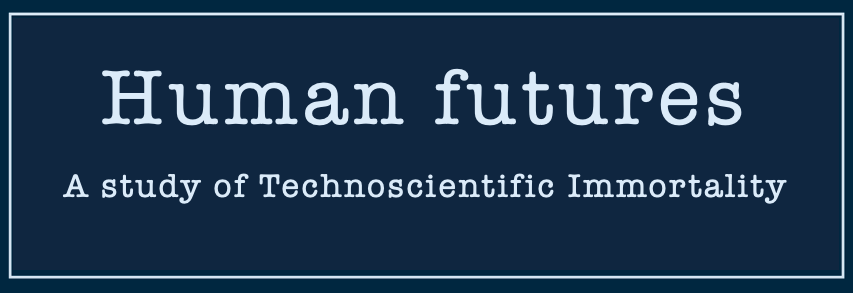Set against the backdrop of a radiant California sun, the Googleplex in Mountain View hums with an almost tangible sense of anticipation. Young Google employees punctuate the space between the edifice of reflective glass buildings, their animated conversations filling the courtyard during lunch break.
My host for the day, a seasoned Google veteran, looks at me with a wide grin, eyes gleaming with enthusiasm. «I’ve been getting the feeling lately,» he started, his voice brimming with excitement, «looking at some of the projects we’re working on here now, that I’ll be looking back at this moment in time, maybe a decade or two from now, thinking: «That’s when everything really began to change.» We truly are in the midst of extraordinary times!»
His sentiment is only intensified by an unexpected encounter with Sergey Brin, one of Google’s co-founders, in one of the many coffee rooms inside the office building. My host, clearly starstruck, speaks to me in hushed tones about Sergey’s sudden appearances at the office, after being absent for over five years. He believes that Sergey’s return is a testament to the exciting developments happening in the field of AI.
However, the sense of anticipation and wonder that I witnessed in the sprawling campus of Googleplex is not confined within its walls. It spills over, seeping into the vibrant city of San Francisco, creating a buzz that can be felt in every corner.
In the weeks leading up to my visit to Google, I immersed myself in San Francisco’s vibrant AI scene. The city is abuzz with AI-related events happening daily, from informal bar-side discussions to small-scale conferences. One such gathering was hosted in an old theater in Chinatown, where various small-scale AI projects, conceived during intense hackathons, were showcased. The event host, with an infectious enthusiasm mirroring that of my Google host, insisted to the crowd that we were living in a pivotal moment. «Savor this,» he urged, «we are part of history in the making.»
Echoing this sentiment, people I’ve met throughout my stay in the Bay Area have continually emphasized the significance of this moment. The consensus is clear: there is no better time to be delving into the questions surrounding AI. The undeniable success of companies like OpenAI has thrust machine intelligence research into the limelight, driving the field into a period of accelerated growth. This shift has also democratized the industry, making it possible for smaller companies to contribute to the AI landscape.
It is important to acknowledge that while the spirit of innovation is alive and well in the Bay Area, there is a growing concern among some quarters about the potential implications of this rapid advance in AI. Some voices of caution suggest that we might be charging headlong towards an uncritical adoption of AI, with little thought about potential ethical, societal, and even economic implications. These concerns range from issues of privacy, job displacement due to automation, to ethical questions surrounding the development and application of AI. Some even believe we are on the precipice of ushering in an AI apocalypse and the end of all organic life in the universe.
However, for many tech-savvy individuals whom I’ve spoken to, AI is seen less as a Pandora’s box and more as a golden opportunity. They view AI as a transformative force that has the potential to redefine every aspect of human life and society for the better. Moreover, this «AI boom» also presents an enticing financial prospect. For those cunning enough to harness the power of this technological wave, the potential for immense wealth is a very real possibility. This is reminiscent of the early days of the internet, where a combination of innovation, foresight, and entrepreneurial drive led to the creation of billion-dollar enterprises.
In San Francisco’s Hayes Valley, now dubbed «Cerebral Valley,» young AI entrepreneurs are attempting to create a community of like-minded enthusiasts, builders, and technologists, all sharing a passion for AI. These young entrepreneurs, often housed in charming Victorian houses near Alamo Square, have embraced the «hacker house» trend of living in large collectives, epitomizing the ideal of optimizing work through play. This mirrors the culture of the early Palo Alto startup homes, signaling a return to the tech industry’s Wild West era when ambitious startups sought to change the world from the confines of a home garage.
There’s a palpable sense of excitement in the air, a renewed zeal for moving fast and breaking things. I’ve been told several times that I couldn’t have chosen a better time to be in the Bay Area. They’re convinced that the developments happening here right now will forever change the world as we know it.

